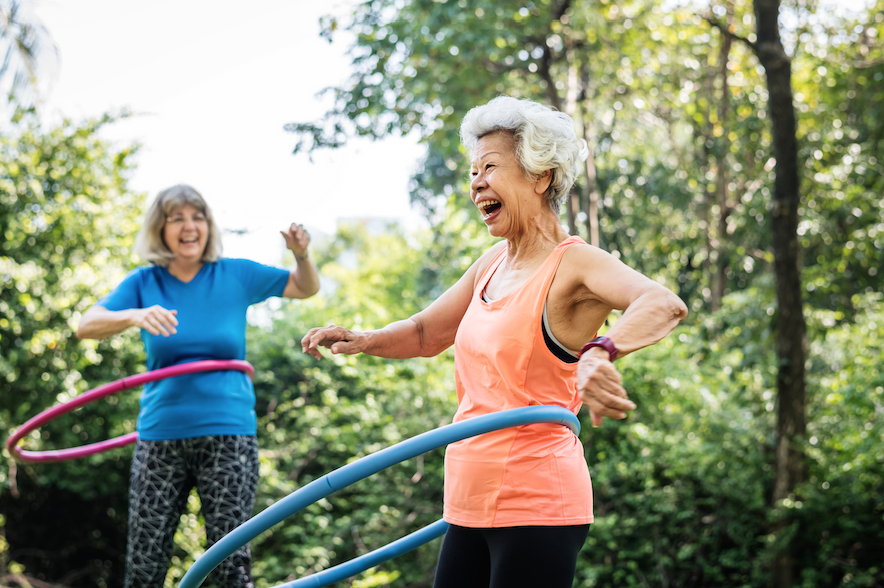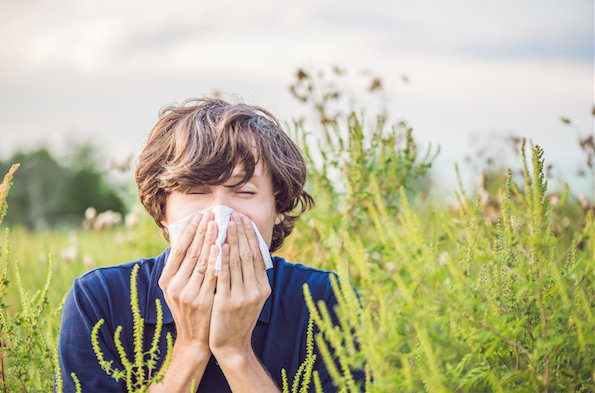Boost Your Mental Well-being During These Uncertain Times
The coronavirus (COVID-19) pandemic has caused uncertainty, stress and worry for many for the past few weeks. Even as businesses reopen and restrictions are lifted, many Americans are experiencing considerable anxiety.
With more than half of Americans reporting to Dynata, a survey insights firm, that they think the COVID-19 pandemic will last six months or more, many health experts are concerned about the nation’s mental health.
While experiencing stress or anxiety over the health and economic fears brought on by COVID-19 is normal, if you don’t take steps to cope with these feelings, you can put yourself at risk for long-term health effects.
Try these tips to keep your coronavirus-related stress and anxiety under control:
- • Stay informed, but don’t obsess—It can be easy to become overwhelmed by watching the news and reviewing the updates of the COVID-19 situation. While it’s important to be informed of the situation, you should not obsess over the news.
- • Focus on what you can control—Focusing on the things you can’t control, like the course of the pandemic and actions of others, will only fuel anxiety and stress. Instead, focus on things that you have control over, including staying home when possible, washing your hands, wearing a mask and practicing social distancing.
- • Connect with friends and family—Sometimes, the best way to cope with your stress is to talk to a loved one. Leverage technology to safely talk with friends or family during these times.
- • Use healthy coping mechanisms—There are a variety of healthy ways to mitigate your stress and anxiety, which include getting exercise, sticking to a routine, spending time outside and meditating.
- • Talk to a professional—If your stress or anxiety is overwhelming, contact a licensed mental health professional.
The COVID-19 pandemic has disrupted daily life and caused stress and anxiety for many, even as we enter our new normal. If left unchecked, these feelings can have negative effects on your mental well-being. Take steps today to keep your stress and anxiety under control. Read More
















